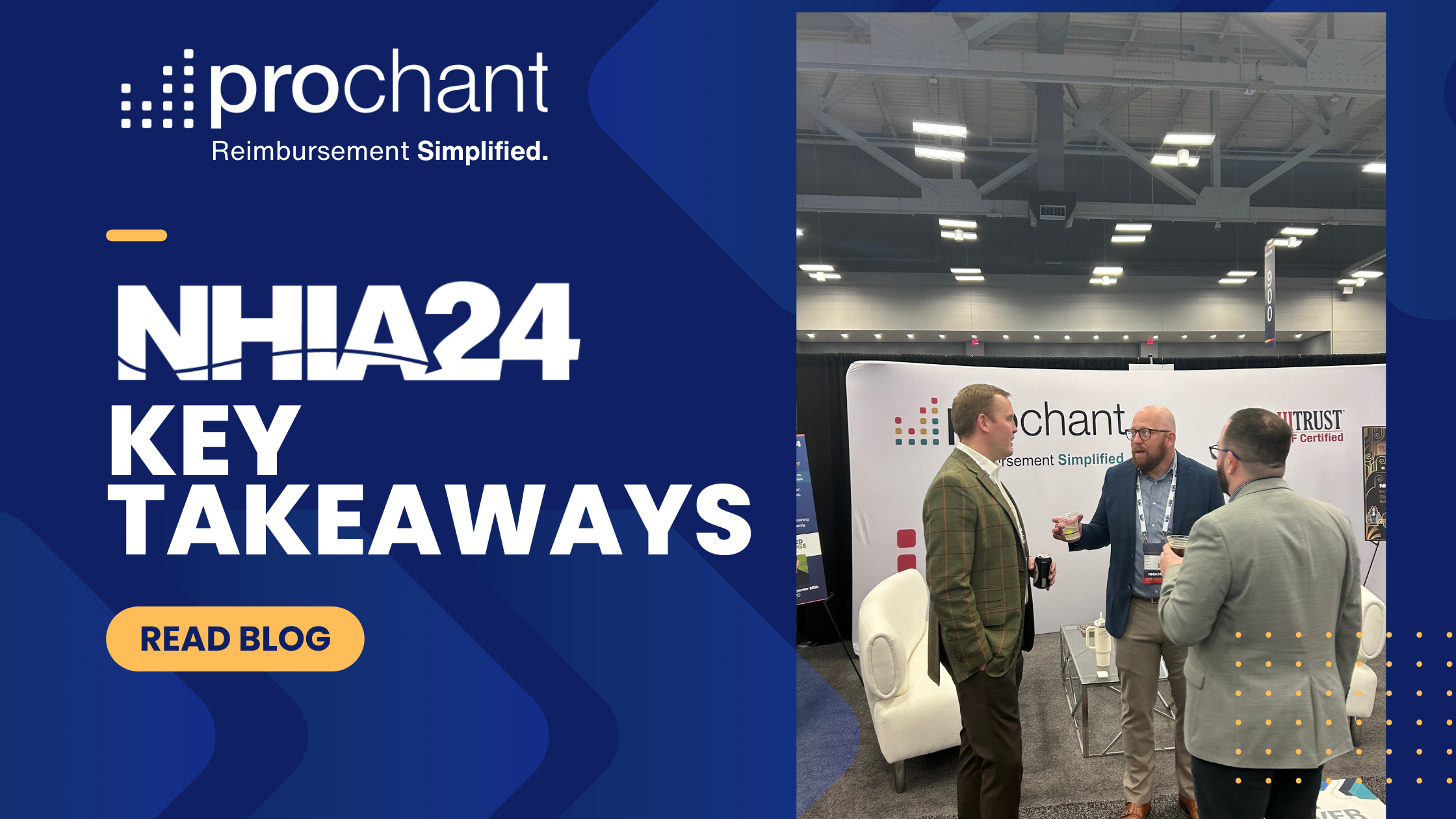Electronic Medical Records (EMR) Implementation
A significant discussion at the NHIA 2024 conference focused on the technological infrastructure supporting the home infusion industry, ranging from pharmacy and dispensing systems to Electronic Medical Records (EMR). Jon Love, the VP of Pharmacy Services at Prochant, underscored a crucial shift in the industry’s focus. As most organizations have now decided on which systems to adopt, the emphasis has shifted towards ensuring their accurate setup and seamless implementation. Jon pointed out a shared concern within the industry: the success of these technological systems hinges not merely on their selection but on their proper and effective implementation. Any shortfall in this area can lead to profound implications, impacting not only the quality of patient care but also the operational and financial health of the home infusion providers.
This shared sentiment underscores the nuanced challenges that lie ahead. As the industry navigates this crucial transition, the collective aim is to ensure that these systems not only integrate seamlessly into existing workflows but also enhance efficiency, patient outcomes, and financial stability.
EMR Implementation Timelines and Staff Transition
Jon pointed out two principal challenges highlighted during the conference:
- Timeliness of Going Live: With many attendees now past the stage of selecting their EMR systems, the immediate question pivots to “When can we go live?” The efficiency and success of companies like WeInfuse, Inovalon, Brightree, and WellSky in bringing these systems online are of paramount importance.
- Managing Staff Transition: The transition involves not just adapting to a new system but also managing the existing workload, particularly in areas like Accounts Receivable (AR). Jon posed critical questions on whether to split the focus of existing staff between the old and new systems or to bring in external expertise to manage the transition phase, ensuring that the staff can fully immerse themselves in learning and optimizing the new system without the burden of unresolved AR from the older system.
Engaging Reimbursement Experts
The discussions at NHIA 2024 reinforced the importance of engaging home infusion reimbursement experts during the critical phase of system transition. With the correct setup and implementation being crucial, Jon advocates for the involvement of specialists to navigate this transition smoothly. This strategic approach not only safeguards the operational flow but also ensures that patient care remains uninterrupted during the transition.
Concluding Thoughts
Jon Love’s reflections from NHIA 2024 underscore the pivotal moment the home infusion industry finds itself in, with technology adoption at its heart. The insights shared point towards a future where successful system implementation and effective management of change are key to advancing patient care and operational excellence. As we move forward, the experiences and strategies discussed at NHIA 2024 will undoubtedly shape the trajectory of the industry.

